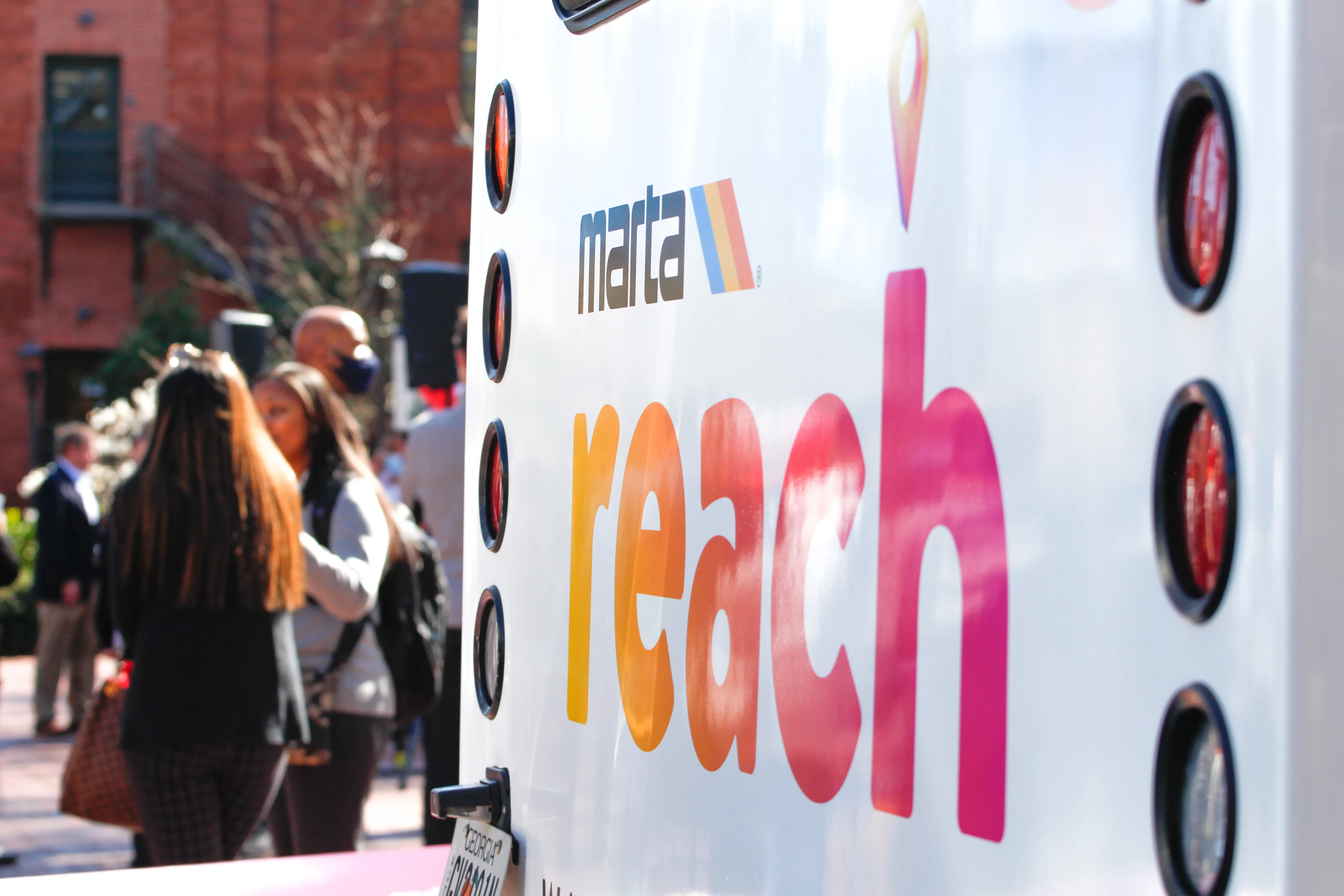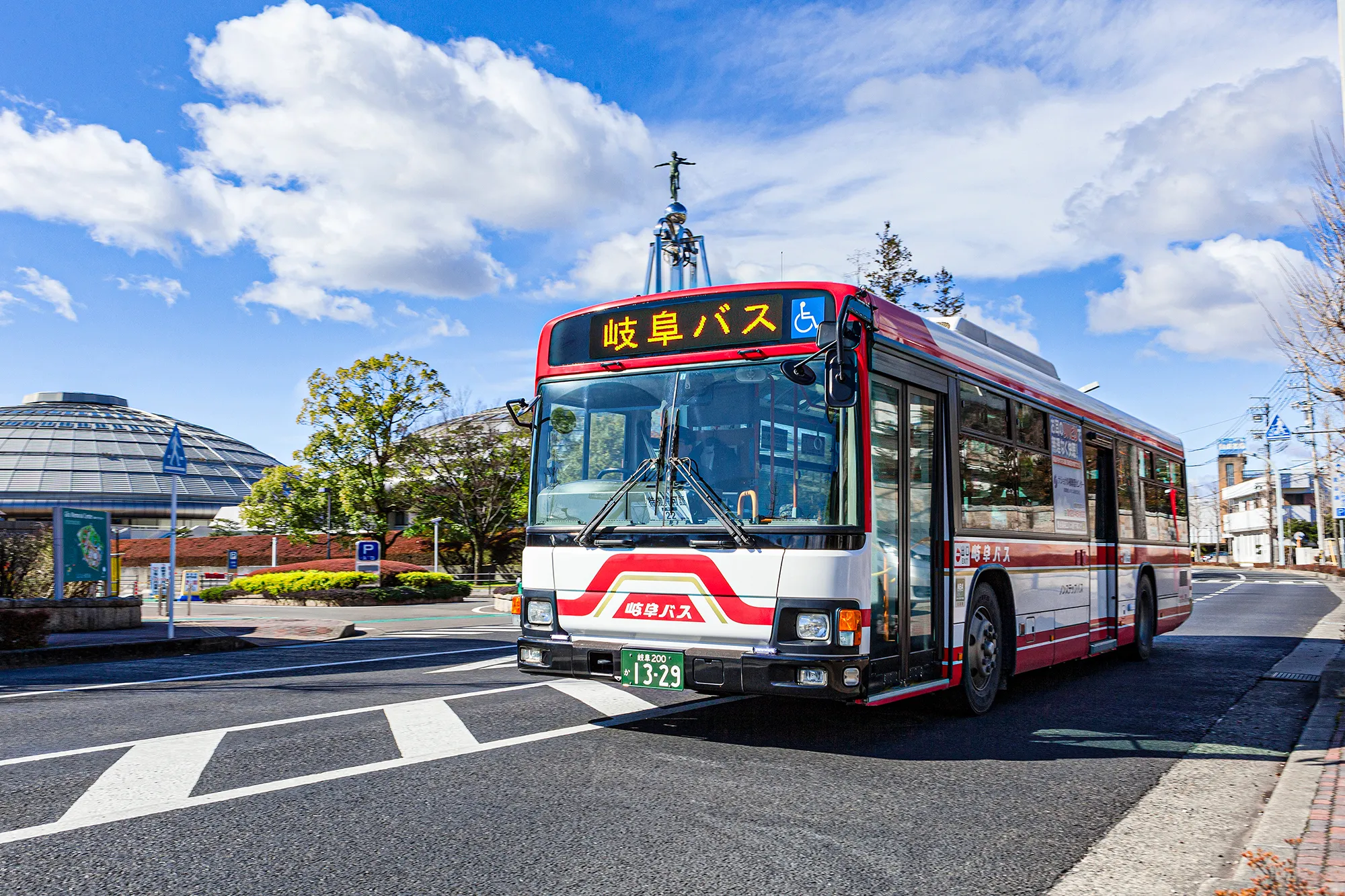
The Metropolitan Atlanta Rapid Transit Authority (Marta) has launched a six-month ride-share service that connects riders to its bus and rail services.
Marta and the Georgia Institute of Technology received a $1 million grant last Autumn from the US National Science Foundation to launch the Marta Reach service.
The authority says Marta Reach will test how on-demand shuttles can be used to make it easier and faster for customers to get to their destinations and help minimise waiting and walking.
Marta interim general manager Collie Greenwood says: “This pilot programme combines on-demand rideshare with public transit, providing personal transportation at a low cost, and will be a vital connection to the larger Marta system for those customers in areas underserved by transit. I’m eager to see how it’s used, it’s efficiency, and whether the program could be adopted and expanded to help complement our upcoming bus network redesign.”
The service is available in West Atlanta, Belvedere, and Gillem Logistics Center and costs $2.50. It runs from 6:00 am until 7:00 pm.
Kroger Fulfillment Center general manager David Matthews says: “There are about 2,500 employees within Gillem Logistics complex across 17 business that have employees that need reliable transportation. This on-demand service should have a positive impact on Kroger’s ability to attract and retain people wanting to work.”
Georgia Tech’s industrial and systems engineering team is providing the technology, including routing logic, and rider, operator and administrator system apps for the project.
The app guides users to designated pick-up and drop-off stops near the beginning or end of each trip while also allowing them to request additional stop locations. Those who do not have a smartphone can book a ride by calling Marta's customer service team. All vehicles are wheelchair and stroller accessible.









